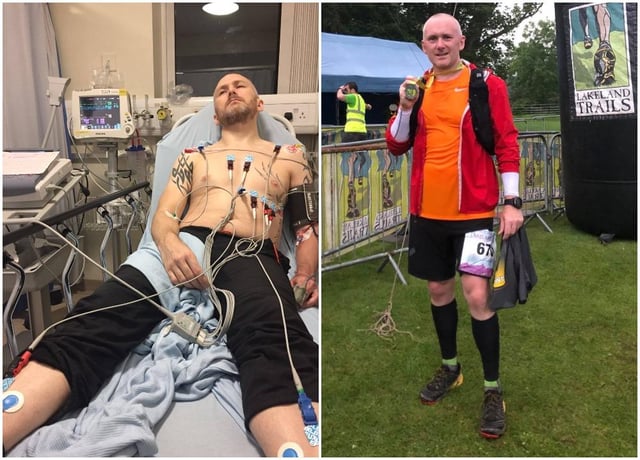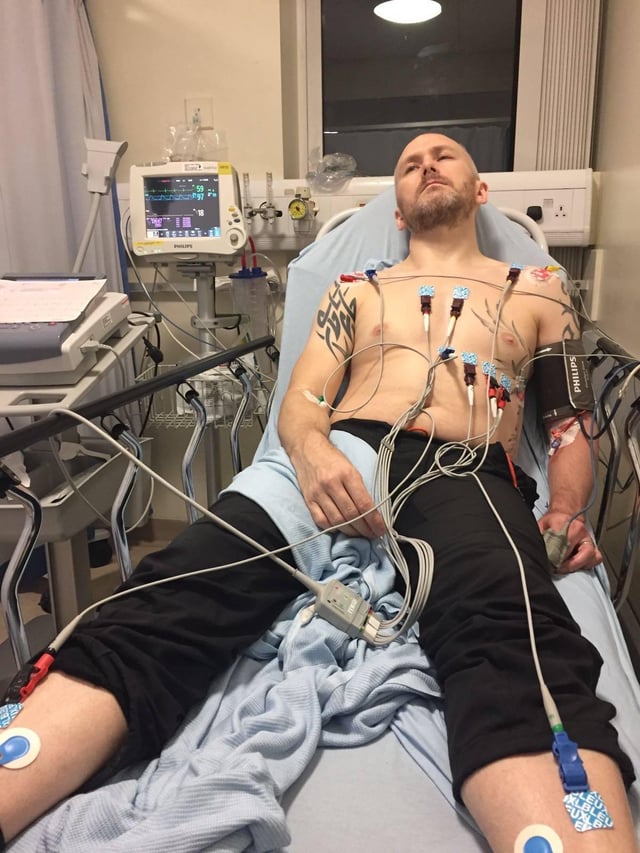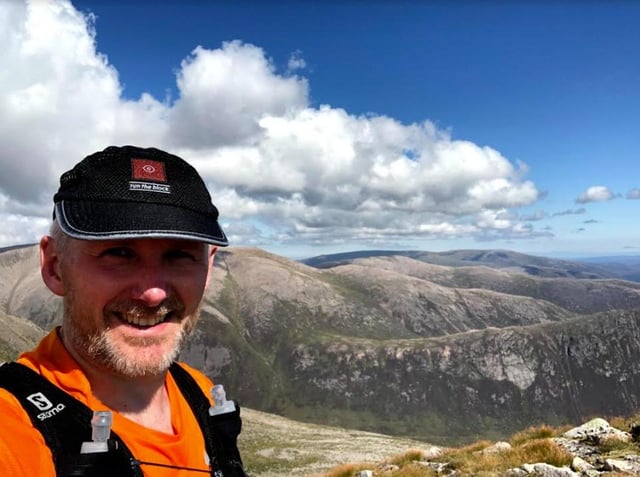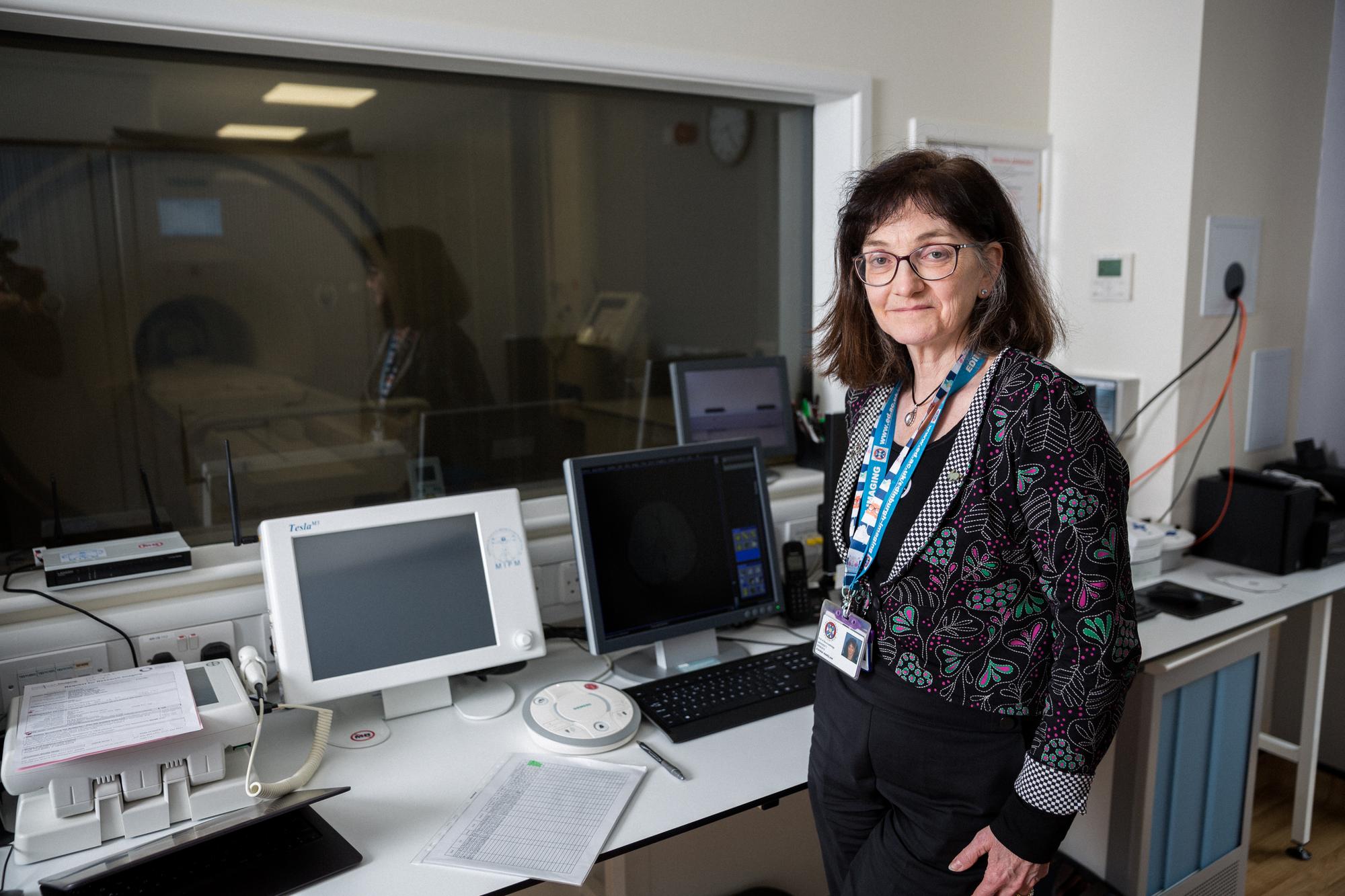It shouldn't be this difficult, the stroke medical world needs to get off their asses and solve stroke; 100% RECOVERY FOR ALL!
'I thought my life was over' - endurance athlete who learned to walk again after stroke shares mental battle of recovery
Andy Dobinson was used to working from home well before the Covid-19 pandemic.

The then-42-year-old telecoms worker, from Uddingston, South Lanarkshire, was sat at his desk at home on a conference call in February 2017 when with no warning he felt like someone was holding a “blowtorch” to the back of his head.
He put the call on mute (“you don’t want to be rude and dial off”) and went downstairs to get some water.
When he stood up from his desk he noticed he was learning to the left. By the time he got downstairs he had to crawl. Lying in hospital the next day, his wife having called an ambulance when she got home that evening, Mr Dobinson was told he had suffered a stroke.

A keen runner and endurance cyclist, he was faced with the prospect of learning how to walk again.
Now, after years of “brutal and extensive” recovery, Mr Dobinson is running ultra-trail marathons again and wants to share his story to inspire others going through the same thing.
“You’re allocated physiotherapy, therapists, and occupational therapists, and, hours and hours of physical rehab, but nobody explains the mental rehab and recovery that you fall into,” he said.
Mr Dobinson said he had “two phases” of his recovery period. In the first few months after his stroke he recovered reasonably steadily, and was strong enough to spend time with his father, who was ill, and then to carry his coffin when he died.

But the death of his father had a huge effect on Mr Dobinson’s stroke recovery.
"After that I kind of crumbled and I end up seeing a counsellor for 18 months,” he said.
“I was on what I labelled anti-anxiety tablets – let’s be honest they were anti-depression tablets, but I wouldn’t take depression tablets until my wife called them ‘anti-anxiety tablets’.
"Nobody mentions the mental battles that you have.
"I’m now an endurance cyclist and I run ultra trail marathons, and during these really hard physical exertions you go to some really dark places, but I'm trying to explain to people, that's nothing compared to a stroke. Absolutely nothing.”
Doctors do not know why Mr Dobinson had a stroke, and he remains on preventative medication.
Stroke is the third-biggest killer in Scotland, and a third of survivors experience depression, according to the Stroke Association.
"I was only 42 years old, I was the youngest in the ward at the time,” Mr Dobinson said.
"I looked around thinking ‘strokes don’t happen to people like me’. I don’t smoke, I was a very occasional drinker”.
He added: “I went from being an endurance cyclist to being carried to the toilet.
"Occupational therapists came in and put a knife, a fork and a hairbrush in front of me and said ‘right, show me how you’re going to feed yourself’. And you think ‘this is it. My life’s done. It’s over, I don’t quite know what I'm going to do.
"I don't know what anyone else would do, and that’s why I want to get my story out there. I made the conscious decision to fight back.”


No comments:
Post a Comment